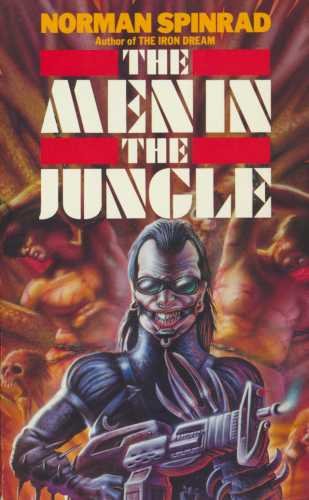Gateway Essentials
2 total works
Norman Spinrad's 1972 alternate history, gives us both a metafictional what-if novel and a cutting satire of one of the 20th century's most evil regimes . . .
In 1919, a young Austrian artist by the name of Adolf Hitler immigrated to the United States to become an illustrator for the pulp magazines and, eventually, a Hugo Award-winning SF author.
This volume contains his greatest work, Lord of the Swastika: an epic post-apocalyptic tale of genetic 'trueman' Feric Jagger and his quest to purify the bloodline of humanity by ruthlessly slaughtering races of the genetically impure - a quest Norman Spinrad expertly skewers through ironic imagery and over-the-top rhetoric.
Spinrad hoped to expose some unpalatable truths about much of SF and Fantasy literature and its uncomfortable relationship with fascist ideologies - an aim that was not always apparent to neo-fascist readers. In order to make his aims clear to the hard-of-understanding, Spinrad added an imaginary critical analysis by a fictional literary scholar, Homer Whipple, of New York University.

